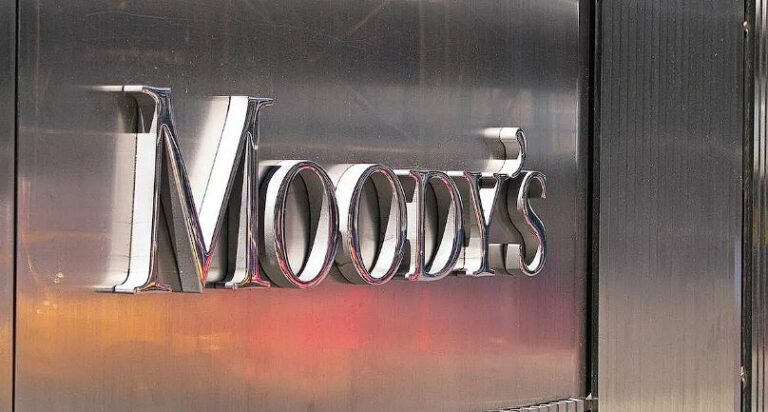The outlook for Greece’s banking system remains positive as the operating environment will be favourable in 2023-2024, with economic and strong credit growth underpinning bank performance, Moody’s Investors Service said in a report published today.
“We forecast real GDP to grow by around 1.8% in 2023 and 1.7% in 2024, following strong growth of 5.9% in 2022. Although consumer spending growth in 2022 is likely to weaken in 2023 due to inflationary pressures and higher interest rates, the strong performance of the tourism industry is likely to be sustained, supporting the Greek economy. The EU’s Recovery and Resilience Facility (RRF) will continue to support various projects to maintain credit flows and mitigate risks to the banking system over the next 12-18 months.”
“We maintain our outlook for the Greek banking system as positive (Ba3 positive), taking into account the favourable economic conditions expected for 2023-2024 and the continued strong credit growth, which supports the performance of the banks. Banks have significantly reduced non-performing exposures (NPEs) in recent years, while loan quality is expected to stabilize despite difficulties expected for vulnerable customers due to higher interest rates,” explains the house.
Corporate credit demand will continue to underpin the banks’ core profitability, while loan loss provisions will ease from previous years and costs will be contained. Capital levels will remain intact and marginally increase as banks build capital internally through retained earnings. Funding and liquidity will be healthy as customer deposits increase and banks continue to tap capital markets to build minimum capital requirements and eligible liabilities (MREL). Due to the structures of their balance sheets, Moody’s considers the Greek banking system to be broadly resilient to the effects of monetary tightening.
Loan quality is likely to stabilise, despite expected pressures on vulnerable borrowers from higher funding costs. Banks significantly reduced old non-performing exposures, mainly through securitizations with the government’s asset protection program (Heracles) which helped clear bad assets from banks’ balance sheets. Moody’s expects all major Greek banks to have mid-single-digit NPEs in the next 12-18 months, according to their business plans.
Potential downside risks arising from inflationary pressures on vulnerable borrowers are likely to be offset by the resilience of the corporate sector and RRF-related new lending. The government’s recently announced support measures to help mitigate the negative impact on vulnerable borrowers, which are partly subsidized by the banking system, will have little impact on banks’ performance and asset quality.
Ask me anything
Explore related questions





